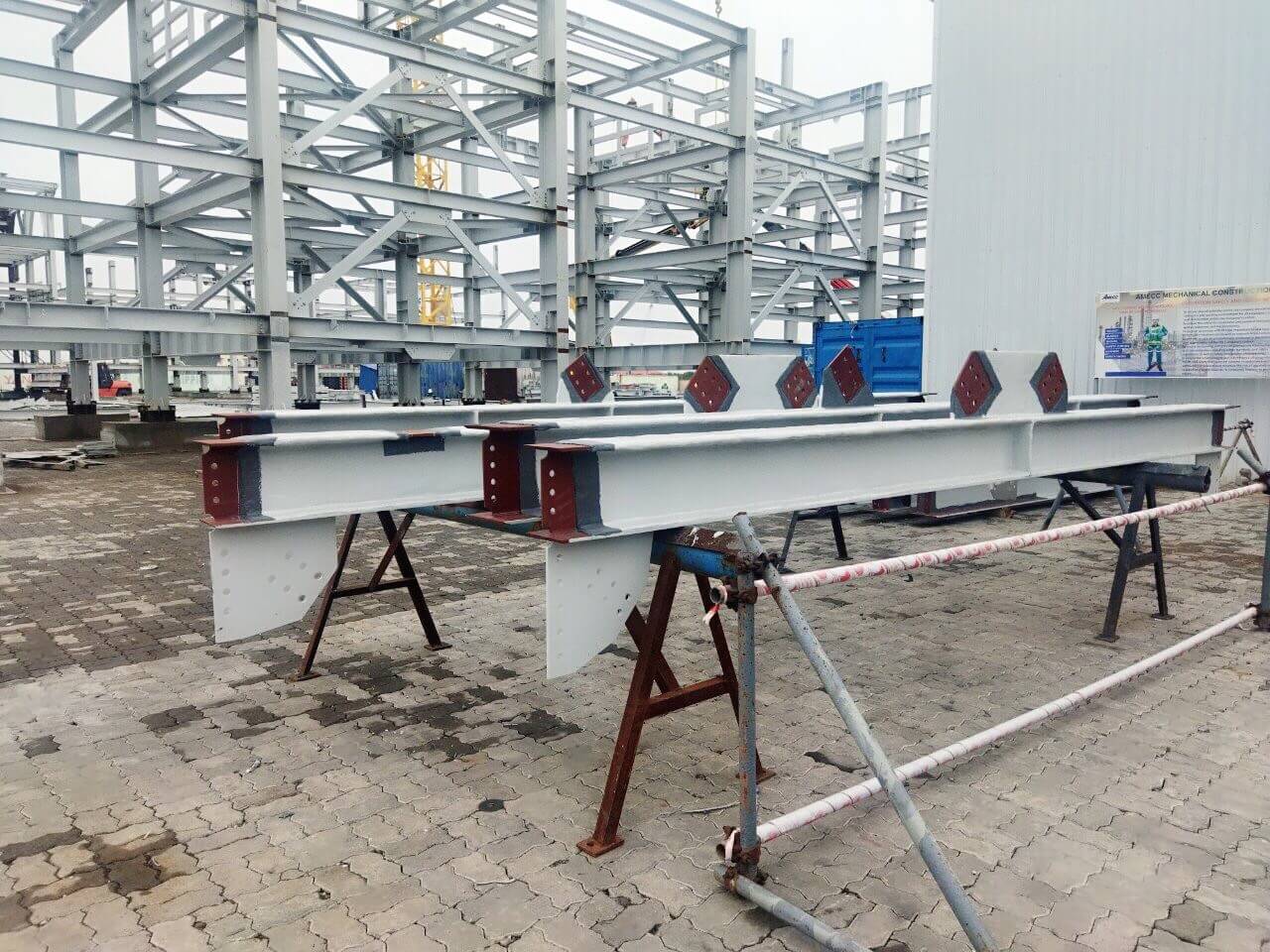In the world of thermal management and energy efficiency, the search for the best insulators has been a constant pursuit. Insulators play a crucial role in minimizing heat transfer and maintaining optimal temperatures in various applications. In this article, we delve into the realm of insulation to uncover the two best insulators that have revolutionized industries and set new standards for efficiency and performance. Join us on this journey as we explore the remarkable properties and applications of these exceptional insulating materials.
- Aerogel: The Ultralight Champion
When it comes to insulating materials, aerogel stands out as a true marvel of modern science. With its incredibly low density and exceptional thermal insulation properties, aerogel has earned its place as one of the best insulators available. Composed of a gel-like substance with the liquid component replaced by gas, aerogel boasts an impressive combination of low thermal conductivity and high porosity. This unique structure allows it to effectively trap air molecules, impeding heat transfer and providing outstanding insulation. From aerospace applications to building insulation, aerogel has proven its worth in diverse industries. - Vacuum Insulation Panels: The Space-Age Solution
In the quest for superior insulation, vacuum insulation panels (VIPs) have emerged as another game-changer. These panels consist of a core material enclosed within a gas-tight barrier, creating a vacuum environment. By eliminating air molecules and reducing gas conduction, VIPs achieve remarkable thermal resistance. With their ultra-thin profiles and exceptional insulation performance, VIPs have found applications in refrigeration, construction, and even high-tech industries. Their ability to provide superior insulation in limited spaces has made them a go-to choice for energy-efficient solutions.
Comparing the Powerhouses:
While both aerogel and vacuum insulation panels excel in thermal insulation, they possess distinct characteristics that set them apart. Aerogel's lightweight nature and versatility make it ideal for applications where weight reduction and flexibility are crucial. On the other hand, VIPs offer exceptional insulation in confined spaces, making them a preferred choice for applications with limited room for insulation thickness. Understanding the unique properties of these insulators allows engineers and designers to select the most suitable option for their specific needs.
Cutting-Edge Applications:
The exceptional properties of aerogel and VIPs have paved the way for groundbreaking applications across various industries. In the construction sector, aerogel is revolutionizing building insulation by providing superior thermal performance while minimizing space requirements. VIPs, on the other hand, are finding their place in refrigeration systems, enabling energy-efficient cooling and reducing environmental impact. These materials are also making strides in the aerospace industry, where weight reduction and insulation efficiency are critical factors.
Conclusion:
In the realm of insulation, aerogel and vacuum insulation panels have emerged as the two best insulators, each with its own unique strengths and applications. Aerogel's ultralight composition and exceptional thermal insulation properties make it a versatile choice, while VIPs excel in confined spaces, offering superior insulation performance. As technology continues to advance, these insulators will likely evolve further, pushing the boundaries of thermal management and energy efficiency. By harnessing the power of these exceptional materials, industries can achieve new levels of sustainability and performance.

